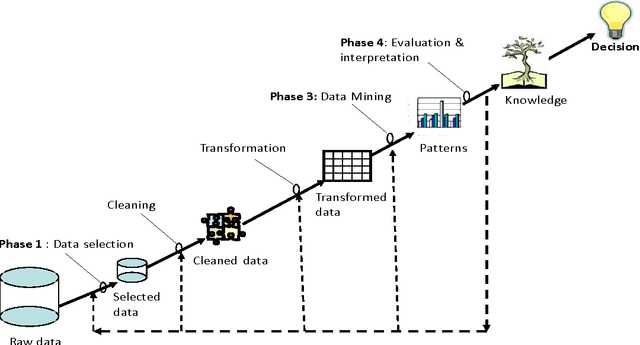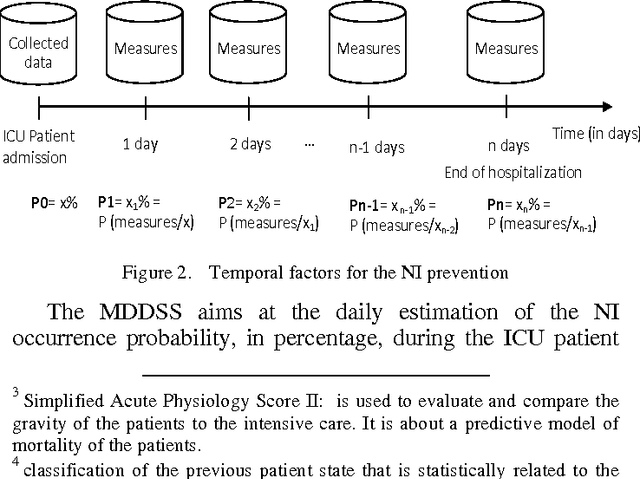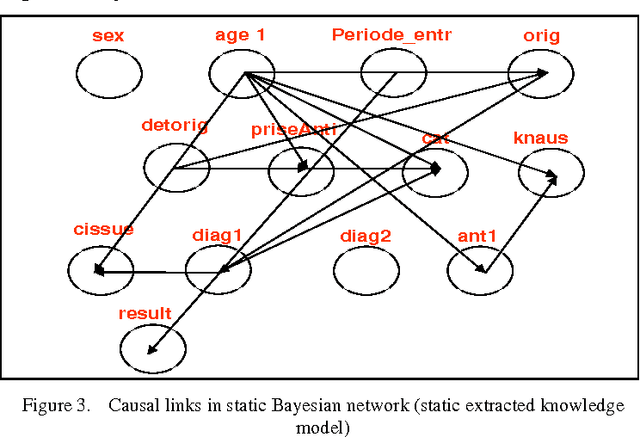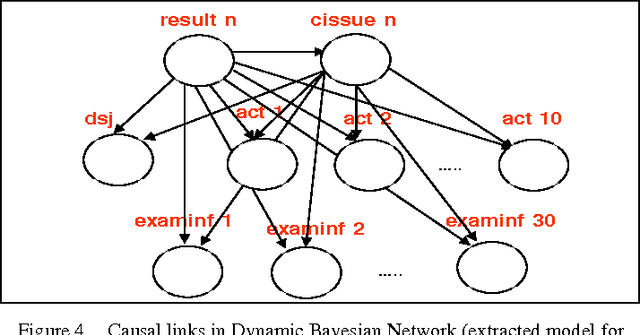Hela Ltifi
Deep learning and machine learning for Malaria detection: overview, challenges and future directions
Sep 27, 2022



Abstract:To have the greatest impact, public health initiatives must be made using evidence-based decision-making. Machine learning Algorithms are created to gather, store, process, and analyse data to provide knowledge and guide decisions. A crucial part of any surveillance system is image analysis. The communities of computer vision and machine learning has ended up curious about it as of late. This study uses a variety of machine learning and image processing approaches to detect and forecast the malarial illness. In our research, we discovered the potential of deep learning techniques as smart tools with broader applicability for malaria detection, which benefits physicians by assisting in the diagnosis of the condition. We examine the common confinements of deep learning for computer frameworks and organising, counting need of preparing data, preparing overhead, realtime execution, and explain ability, and uncover future inquire about bearings focusing on these restrictions.
Dynamic Decision Support System Based on Bayesian Networks Application to fight against the Nosocomial Infections
Nov 09, 2012



Abstract:The improvement of medical care quality is a significant interest for the future years. The fight against nosocomial infections (NI) in the intensive care units (ICU) is a good example. We will focus on a set of observations which reflect the dynamic aspect of the decision, result of the application of a Medical Decision Support System (MDSS). This system has to make dynamic decision on temporal data. We use dynamic Bayesian network (DBN) to model this dynamic process. It is a temporal reasoning within a real-time environment; we are interested in the Dynamic Decision Support Systems in healthcare domain (MDDSS).
* 8 pages, 6 figures, 43 references
 Add to Chrome
Add to Chrome Add to Firefox
Add to Firefox Add to Edge
Add to Edge